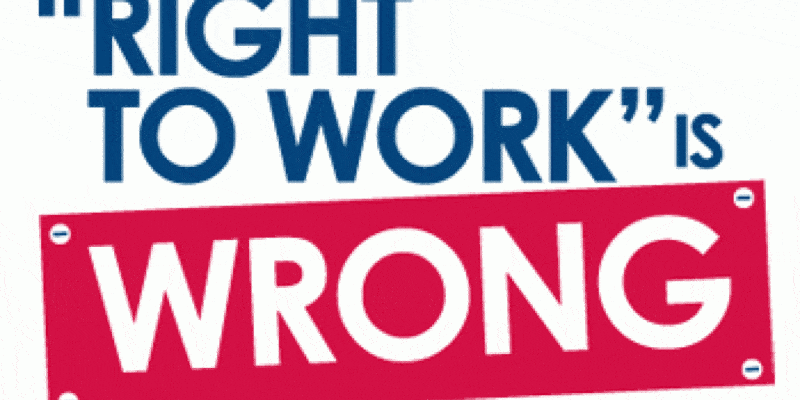Office of the Governor
June 5, 2018
DENVER – Wednesday, June 6, 2018 – Gov. John Hickenlooper has signed an executive order creating a joint task force including employer and employee groups to better address payroll and worker misclassification in Colorado’s construction industry.
Misclassification of employees as independent contractors and other labor law violations disadvantage both law-abiding construction contractors and construction workers in Colorado. Some labor brokers within Colorado’s construction industry have been found to have purposefully misclassified workers to avoid paying unemployment premiums and payroll taxes.
“Law-abiding companies and workers are being undercut by those who skirt the law in Colorado,” said Governor John Hickenlooper. “This task force will bring all parties together to find the right solutions to root out any illegal labor activity in our state.”
“Payroll fraud in the construction industry hurts workers and honest businesses,” said Randy Thornhill, Executive Secretary-Treasurer, Southwest Regional Council of Carpenters. “The first step in tackling this issue is evaluating current enforcement practices. With this executive order, the governor’s commitment to building a better economy is clear. His leadership on these issues will lead to a cleaner industry and safer workplaces.”
The Joint Enforcement Task Force on Payroll Fraud and Employee Misclassification in the Construction Industry will coordinate with relevant state agencies to share information and streamline investigations around alleged misclassification of workers. The task force also will coordinate with business, labor and community groups.
“We are going to hit the ground running to convene key stakeholders in order to ensure across the board compliance with Colorado’s labor and employment laws, particularly in the commercial construction industry,” said Sam Walker, executive director of the Colorado Department of Employment and Labor. “Consistent and effective enforcement of our laws and regulations is a win-win for law-abiding companies and their workers. By collaborating with the other state agencies on this task force, as well as with workers and contractors within the industry, I know we’ll be able to identify areas for improvement so that our State’s labor and employment protections work as they should throughout Colorado’s booming construction sector.”





